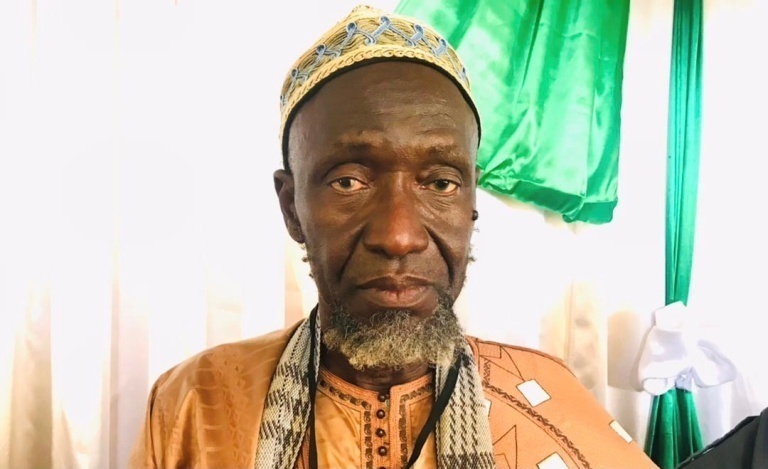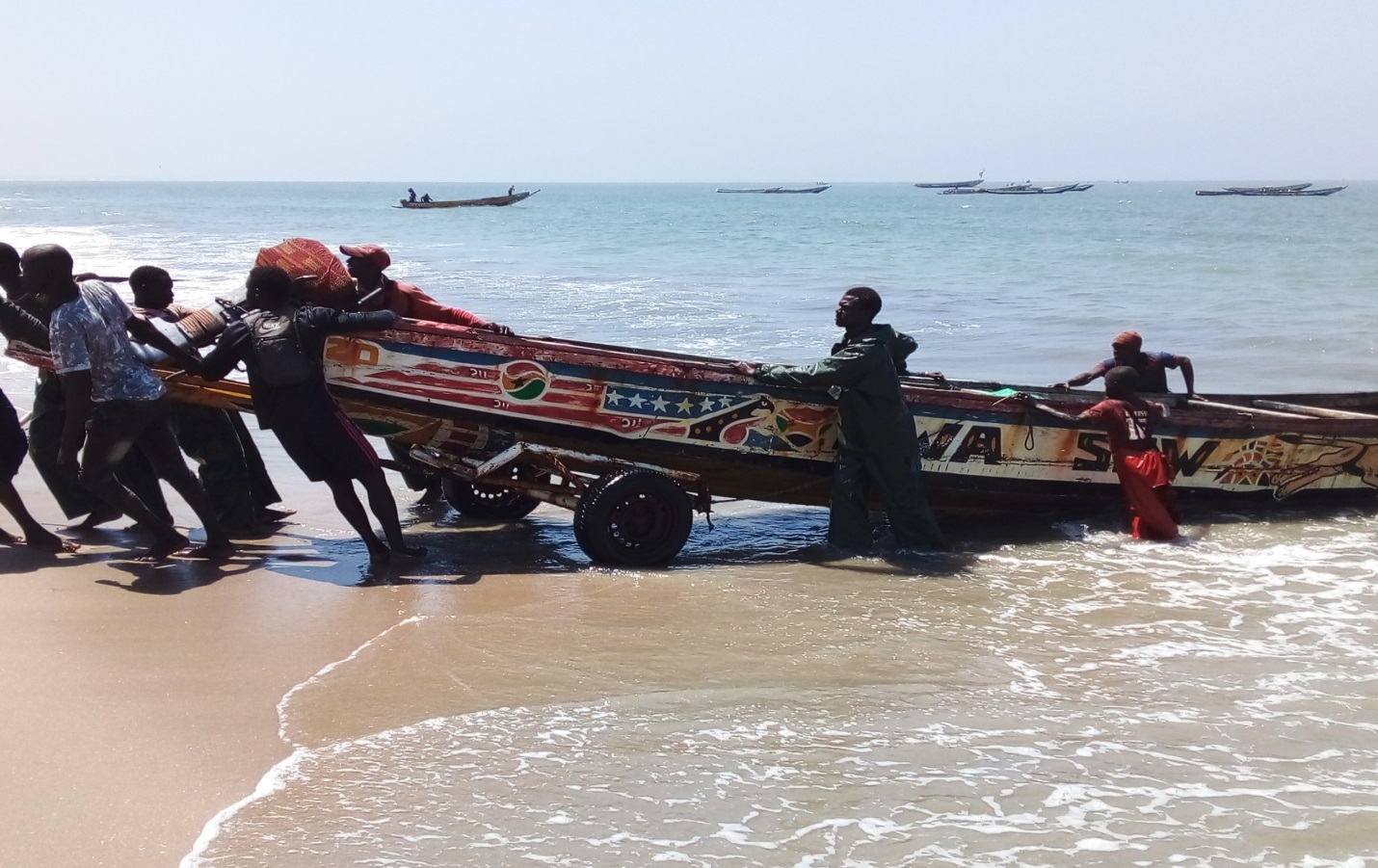By Mustapha Jarju
Honourable Commissioner Janet Ramatoulie Sallah-Njie, African Commission for Human and Peoples’ Rights’ Special Rapporteur on the Rights of Women in Africa has said that estimated 92million girls in the world, from the age of 10 and above underwent the harmful practice of Female Genital Mutilation (FGM).
She made the statement at a side event organized by the rights group Equality Now on Monday at the 73rd Ordinary Session of the African Commission for Human and Peoples’ Rights
She stated that according to a UNICEF report published in May 2022, at least 200 million girls and women have been cut in 31 countries with representative data on prevalence.
“The international rights organization for the protection of the rights of women and girls established in 1992 said, the practice of FGM, has complications which include, severe pain, ulceration of the genital region and injury to adjacent tissue, painful sexual intercourse, increase in the risk of HIV transmission, as well as psychological effects.
The women’s rights organization, calls on the African Communities and leaders within the continent to take the mantle of leadership against the harmful practice of Female Genital Mutilation (FGM), which has serious implications for the sexual and reproductive health of women and girls,” she said.
Commissioner Sallah-Njie described FGM as one of the harmful traditional practices which affect the fundamental human right of girls and women, such as their right to life, health, and education.
Commissioner Sallah-Njie noted that World Health Organization (WHO) estimated two hundred million women and girls worldwide have been subjected to FGM, of which hundred and forty-five million live in Africa, which is a serious reality.
She added that WHO also estimated that hundred million to one hundred and forty million young women and girls are currently living with the consequences of FGM in Africa.
“There have been so many interventions against FGM and in some African countries, you might have an 80% record of FGM practices and after the intervention, you still have the same 80%, so the question is what is the impact of everything we were doing in the African continent?,” she asked adding that, FGM is a human rights violation that is perpetuated by gender-based violence and discrimination.
Commissioner Sallah-Njie further calls on African leaders to take holistic approaches and strengthen laws with multi-sectorial approaches to end FGM practice in Africa.
“We have laws against FGM in some African countries while others still lacking behind, which makes it to be a very complex topic with practices in that deeply embodied in culture and religion is very difficult,” she said.
Caroline Lagat, Program Officer Equality Now said the risk of the practice of FGM has significantly declined in countries like Liberia, Gambia, and Benin, while countries like Malawi, South Africa, and Mozambique are not practiced FGM.
She added that the vision 2030 Third Medium-Term Plan (2018-2030) outlined the prevention and response to GBV and the eradication of FGM, as a national priority in Kenya which other African countries are adopting.




